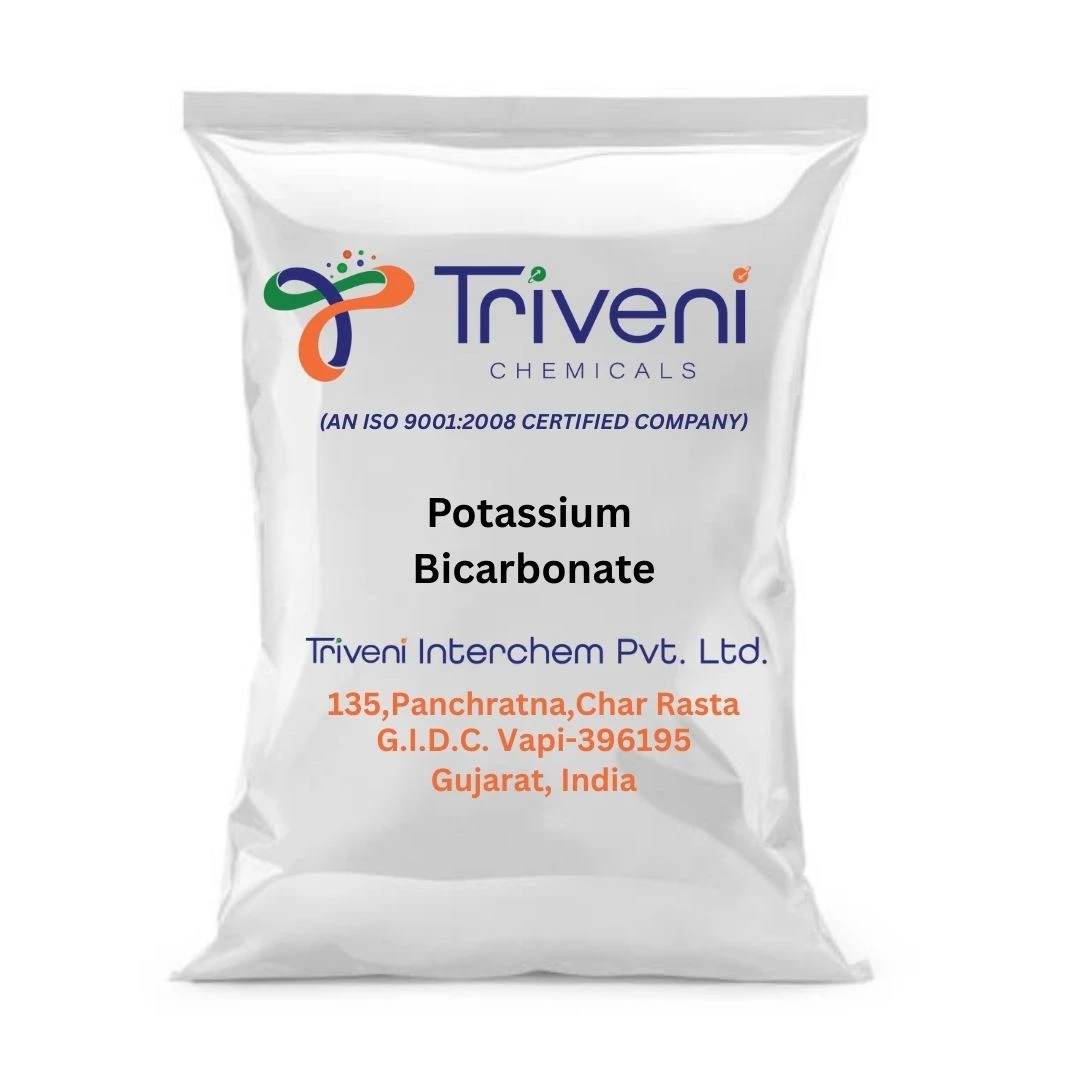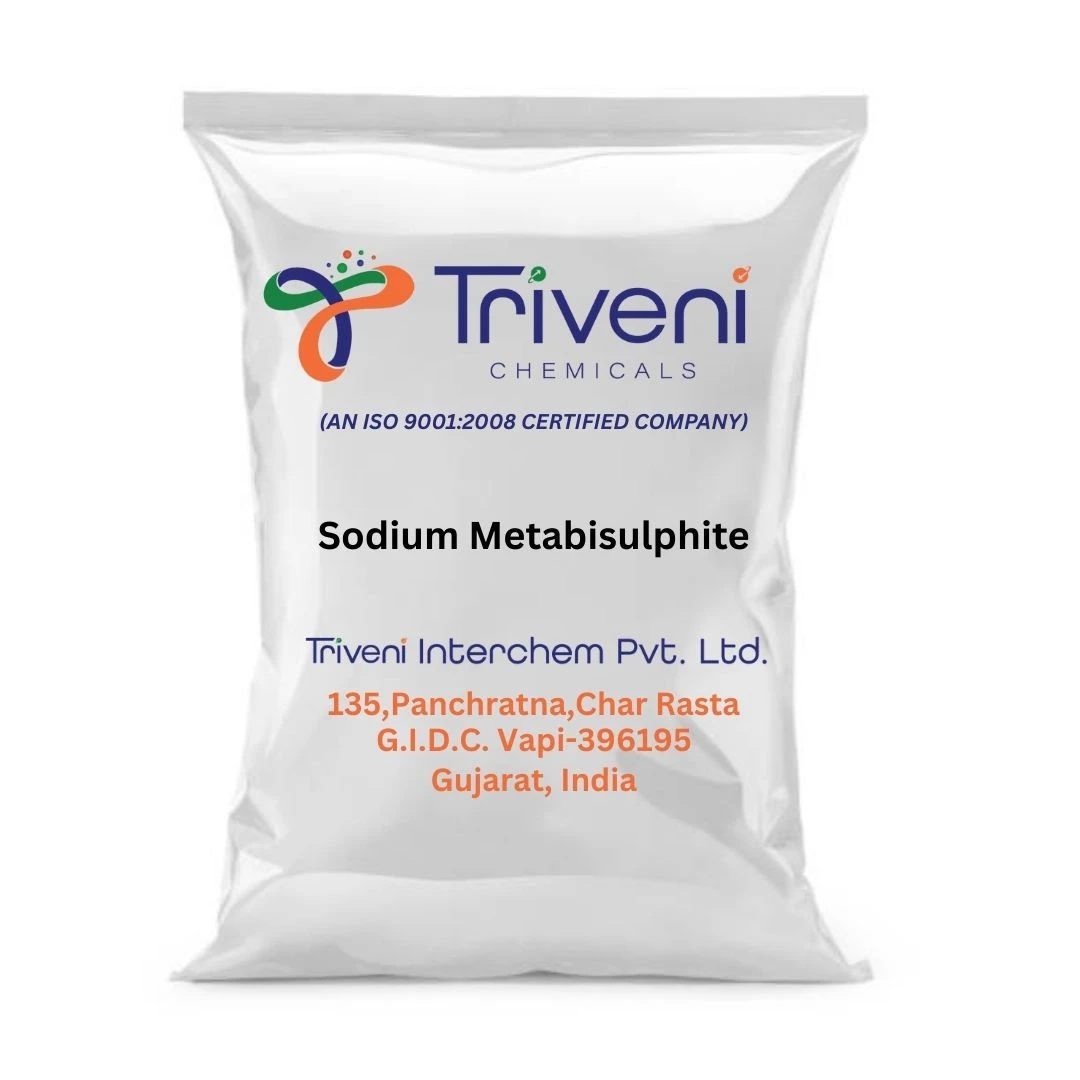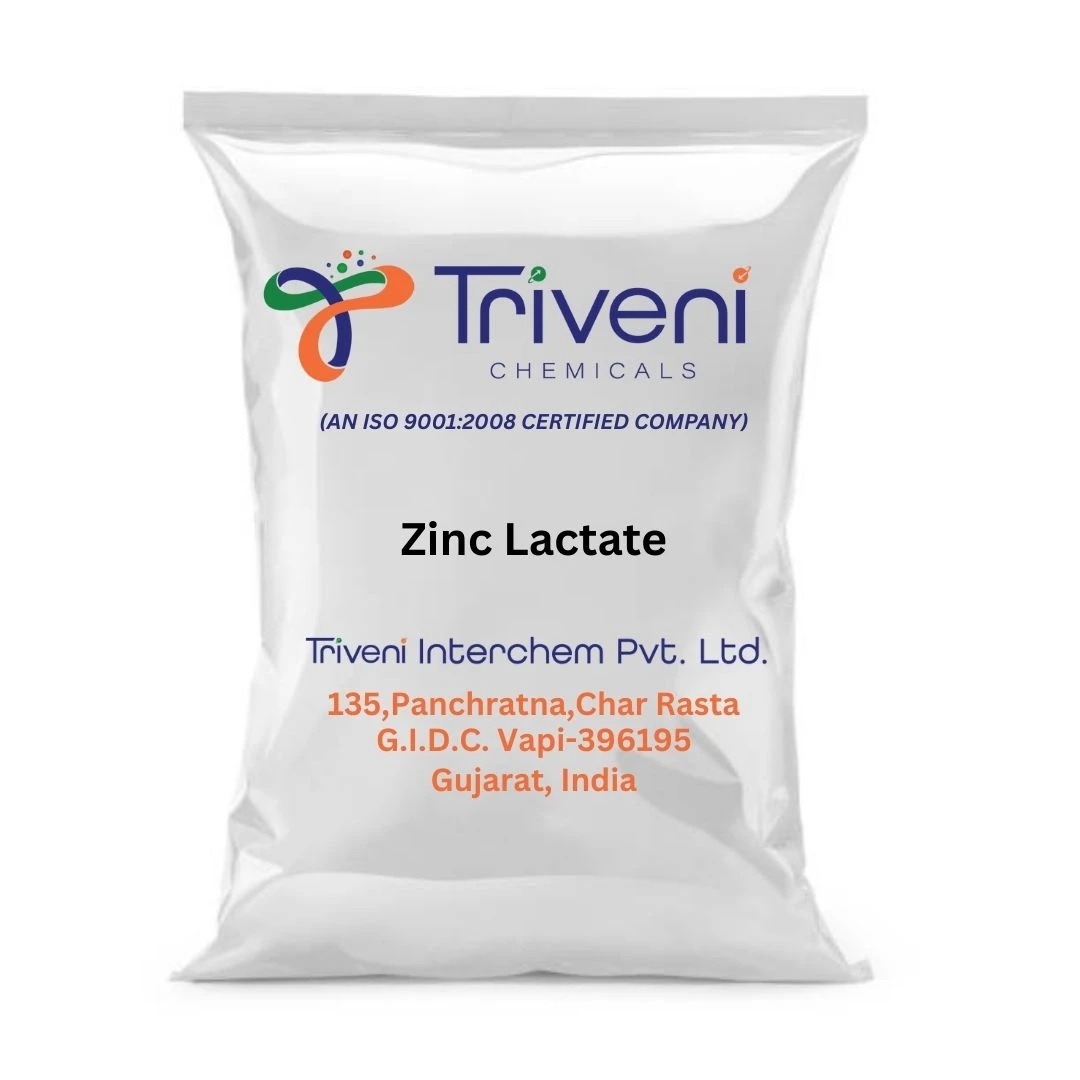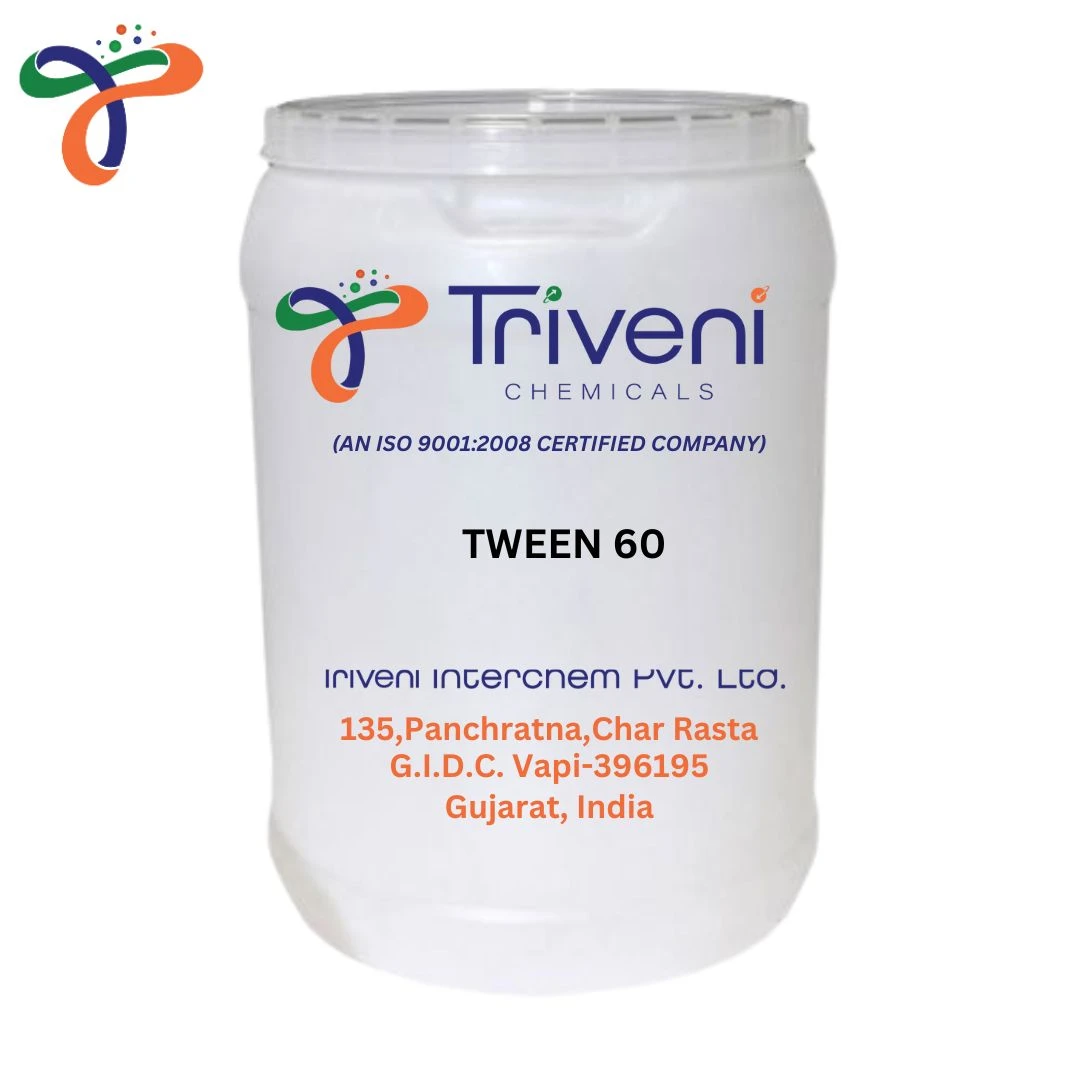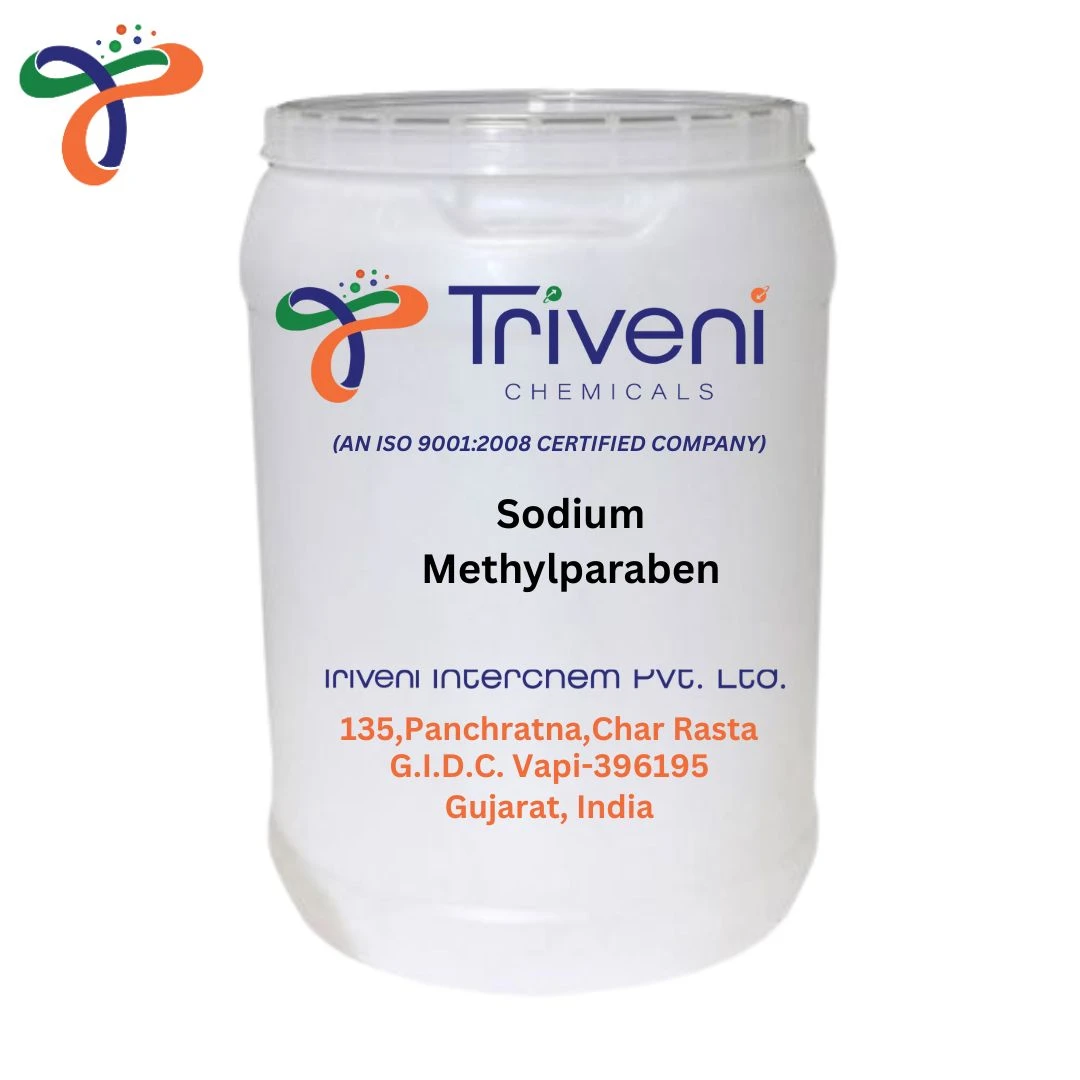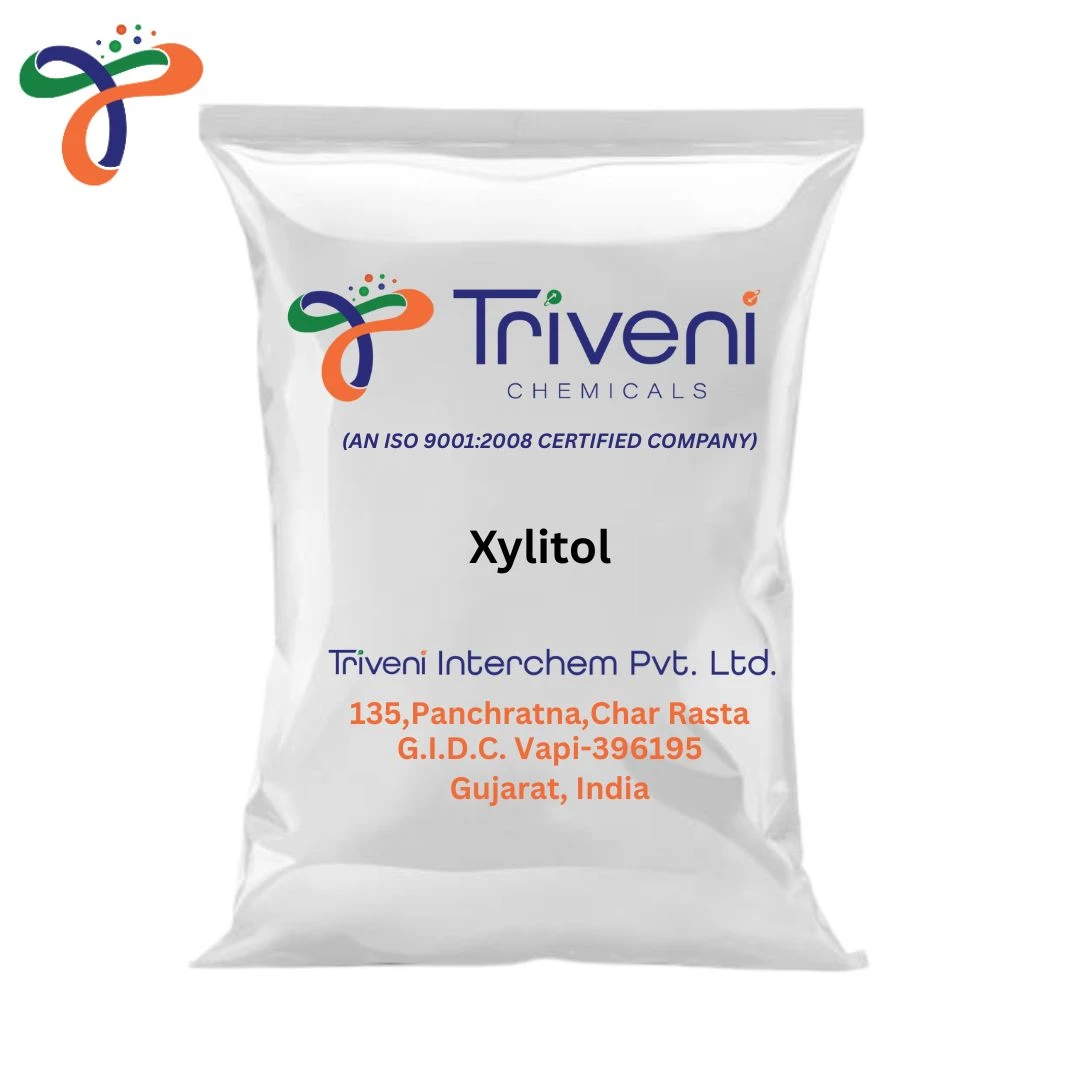The production, processing, distribution, and consumption of food items are all included in the broad and ever-evolving food industry. It shapes cultural tastes and economic landscapes and is essential for providing the world's population with the nutrition it needs. A crucial facet of the food sector is the production of..
The production, processing, distribution, and consumption of food items are all included in the broad and ever-evolving food industry. It shapes cultural tastes and economic landscapes and is essential for providing the world's population with the nutrition it needs. A crucial facet of the food sector is the production of food, which encompasses tasks like farming, fishing, and raising livestock. Modern farming methods make use of cutting-edge tools and strategies to increase yields while reducing their negative effects on the environment. Concerns including resource depletion, climate change, and food security are driving the adoption of genetic engineering, precision farming, and sustainable methods. Another essential component of the sector is food processing, which involves turning unprocessed agricultural products into goods with added value. This covers tasks like as grinding, canning, freezing, and packaging. Food processing improves the nutritional value, safety, and flavor of perishable foods while also extending their shelf life. But there is a rising desire for natural and minimally processed meals due to worries about the use of chemicals, preservatives, and other artificial substances. In order to guarantee that goods reach consumers effectively and safely, distribution and logistics play a crucial role in the food sector. Using a network of suppliers, distributors, wholesalers, and retailers, this entails transportation, storage, warehousing, and retailing activities. Online grocery shopping and food delivery services have grown significantly with the introduction of e-commerce and digital platforms, providing customers with increased accessibility and convenience. In order to safeguard public health and guarantee product quality, food safety and regulation are crucial in the food sector. Regulations and rules pertaining to food manufacturing, labeling, advertising, and hygiene practices are established by regulatory agencies. Food enterprises must abide by these rules in order to conduct business lawfully and keep customers' trust. Strict protocols are implemented to avert foodborne illness transmission, adulteration, and contamination. The food sector is continuously shaped by consumer trends and preferences, which encourage innovation and diversification in product offers.Growing concerns about sustainability, animal welfare, and health are reflected in the rising demand for organic, plant-based, and ethically sourced foods. In response to changing consumer expectations, food companies are launching new products, repurposing recipes, and implementing transparent supply chains. All things considered, the food industry is a vibrant, diverse field that is always changing in response to shifting societal norms, technological developments, and shifting demography. It aims to address global issues including famine, food waste, and environmental degradation while meeting the growing demand for wholesome, reasonably priced food products by embracing innovation, sustainability, and consumer-centric approaches.
-
Food Industry – Covers food production, safety, and innovation, including the development of Food Lubricants.



